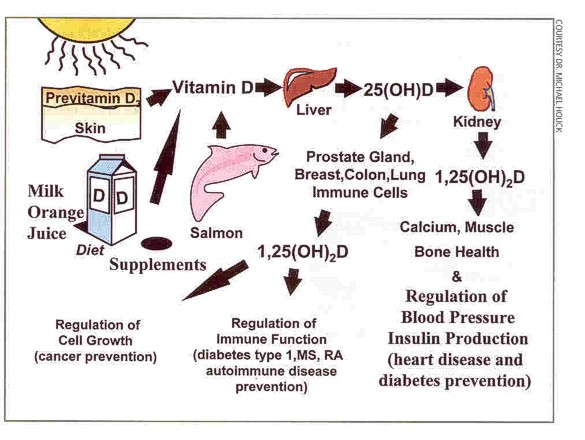U.S. Offshore Drilling Industry Feeling the Pressure - New Rules to Tighten Safety
 October 5, 2010
October 5, 2010  Kyriaki (Sandy) Venetis
Kyriaki (Sandy) Venetis In the months after BP finally managed to contain the oil disaster in the Gulf of Mexico, political leaders made a lot of speeches about how this can never happen again, and promised change.
While there are never any guarantees, some progress appears to be coming. U.S. regulators have begun to take the first steps in the direction of strengthening safety requirements for offshore drilling operations.

U.S. Department of the Interior has just proposed a set of new rules that are designed to upgrading safety equipment, well control systems, blowout prevention practices on offshore oil and gas operations, and improving workplace safety. Eleven people died on the Deepwater Horizon oil rig.
Interior Secretary Ken Salazar, was blunt in a speech at the Woodrow Wilson International Center for Scholars, saying “The Deepwater Horizon oil spill laid bare fundamental shortcomings in the oil and gas industry’s safety practices on the Outer Continental Shelf.
“For thirty years, under the oversight of both the Democratic and Republican administrations and Congresses, (the drilling) industry ventured into deeper and deeper waters without adequate oversight. We are (now) raising the bar for safety, oversight, and environmental protection at every stage of the drilling process.”
Part of the new oversight plans being proposed include giving regulators the authority to decide where on the outer shelf companies will be allowed to drill. Right now, all scheduled lease sales in the Arctic have been canceled. Also, the North Atlantic, Pacific, and Bristol Bay, Alaska are off limits to development.




